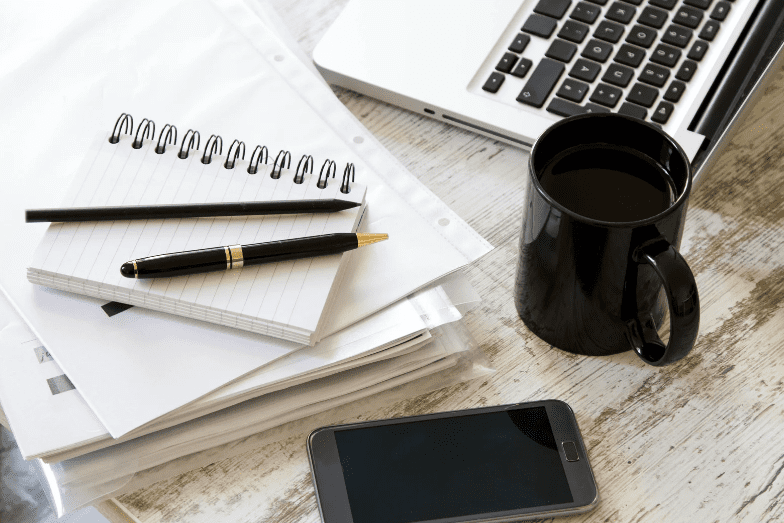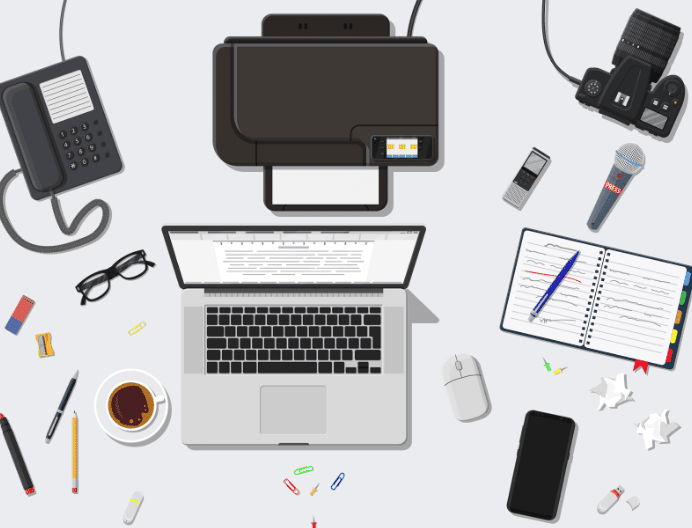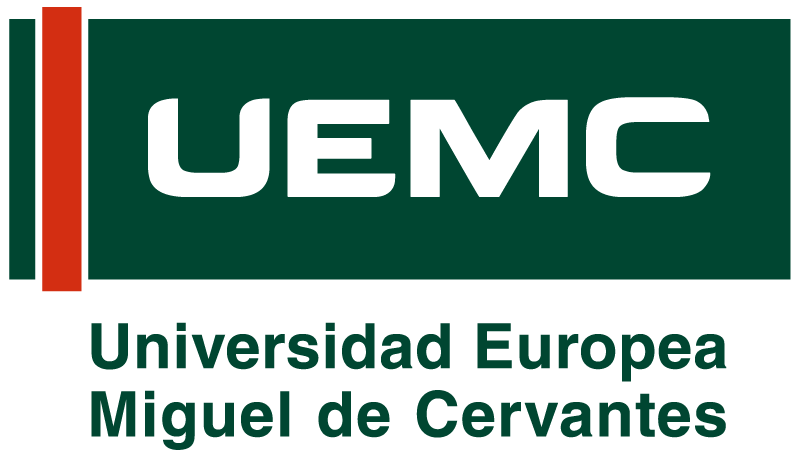Throughout the 10 training modules of the Master in Travel Journalism, students acquire knowledge of the scientific method that culminates in practical application during the Final Master’s Trip. This project is selected by each student based on their personal tastes and interests, allowing them to address a specific topic in a global destination. To successfully execute this project, it is essential to apply a scientific method and thoroughly organize the entire pre-trip process in advance.
The instructor of the Methodological Tools for the Travel Journalist module will guide an evolutionary process leading up to the Final Master’s Trip (FMT). In this training module, the scientific method, tailored to the needs of travel journalists, is taught through their experience in tourism planning and development. The final project performance process involves a theoretical approach to the scientific method, providing a logical step-by-step guide for preparing the final projects.
Prepare a Project as a Travel Journalist
Class by class, students acquire new tools to better approach the topic and destination of their final project using the scientific method. We focus on all stages of the journey—before, during, and after the trip—since each phase requires different tools to successfully complete the project. Throughout the planning stages, decisions must be methodically made and based on a structured approach.
Data Collection Tools
These data collection tools enable us to gather the highest quality information within the sociocultural context of the trip, facilitating the generation of subsequent content.
- Interviews
- Observation: Participant and Non-Participant
- Photographs and videos
- Bibliographic Content Analysis
- Books
- Scientific articles
- Journalistic Material
- Reports (tourist or government offices)
- Websites

What is the Scientific Method?
The scientific method is a structured approach to achieving objectives and acquiring knowledge, necessitating the systematization of information. It involves a series of decisions confined to a specific time and place, encompassing:
- Theme and destination
- Goals
- Methodology: How will the information be collected?
- Theoretical framework
- Results
- Conclusions
Methodological Research Process
Trip Preparation
- Theme and destination
- Information Search
- Definition of places and sources (primary and secondary sources)
- Information collection tools
- Preparation of the trip schedule
During the trip
- Visits to places of interest, interviews, photographs, recordings…
- Preparation of the log
- Search for additional information
- Preparation and publication of posts on social networks
After the trip
- Writing thematic drafts
- Preparation of articles, editing of videos, editing of photographs.
- Files of all material in folders

As travel journalists, we employ a scientific method with a qualitative approach, gathering information through field studies, conversations with locals, interviews, and bibliographic sources. This research method emphasizes understanding and interpreting social and human phenomena from a deeper, contextual perspective, in contrast to the quantitative method, which relies on numerical data and statistics. The qualitative scientific method aims to comprehend how people interpret and make sense of their world, capturing the richness and complexity of human experiences.
This master’s program offers an opportunity to update existing tools and discover new ones in an ever-changing world. It helps bring nascent ideas to fruition by providing guidance on how to transform concepts into reality. At the School of Travel Journalism, we support students in shaping project ideas and generating critical, high-quality content.
In the Master in Travel Journalism program at the School of Travel Journalism, you will have the opportunity to professionalize your knowledge and launch your own projects with the assistance of experts like Juan Manuel Andrés. You will gain valuable tools to become a versatile and comprehensive travel communication professional.

